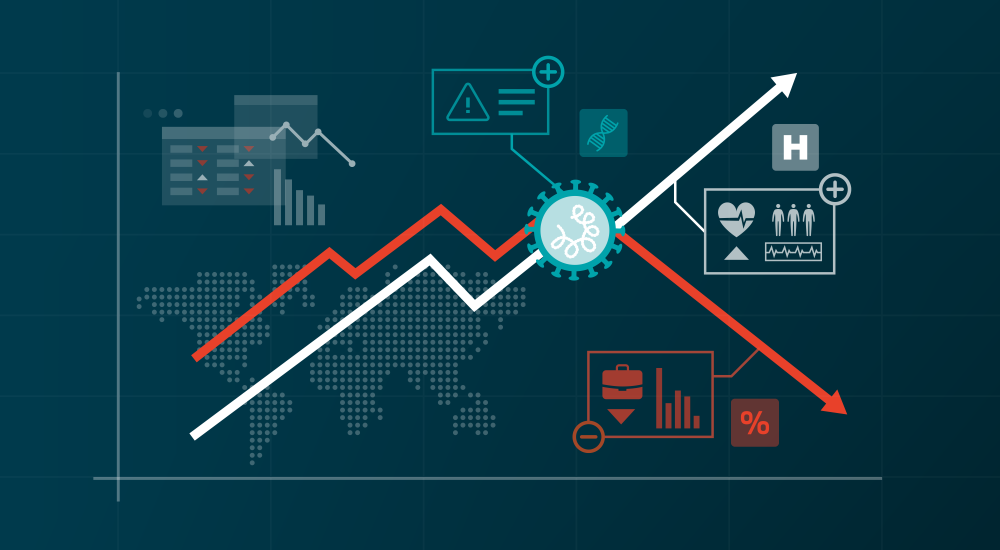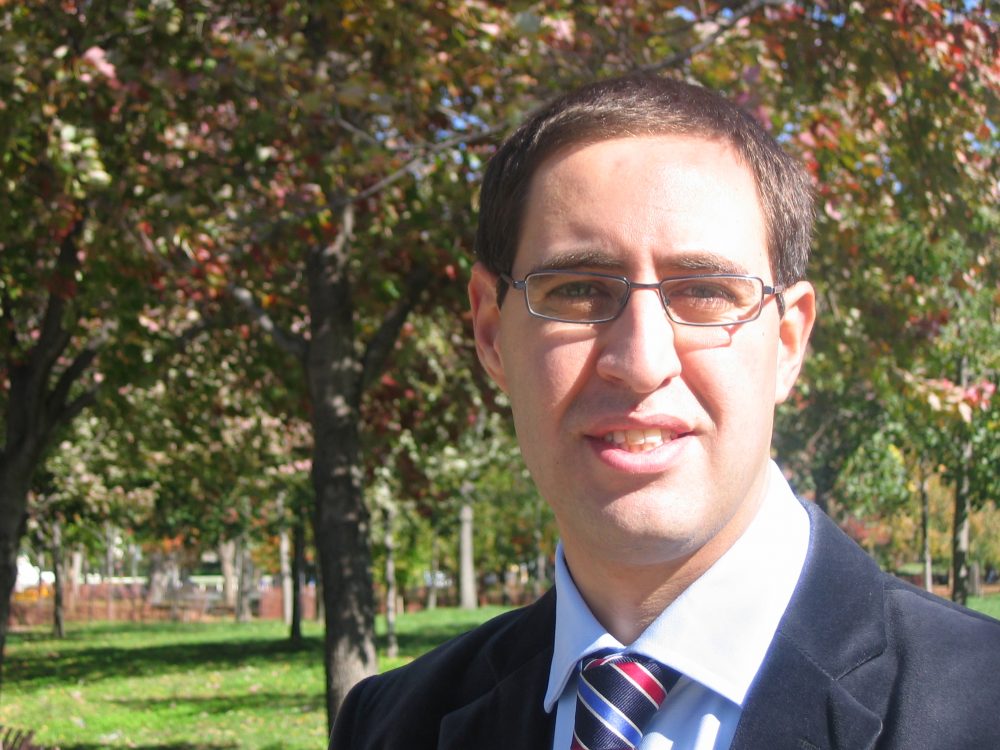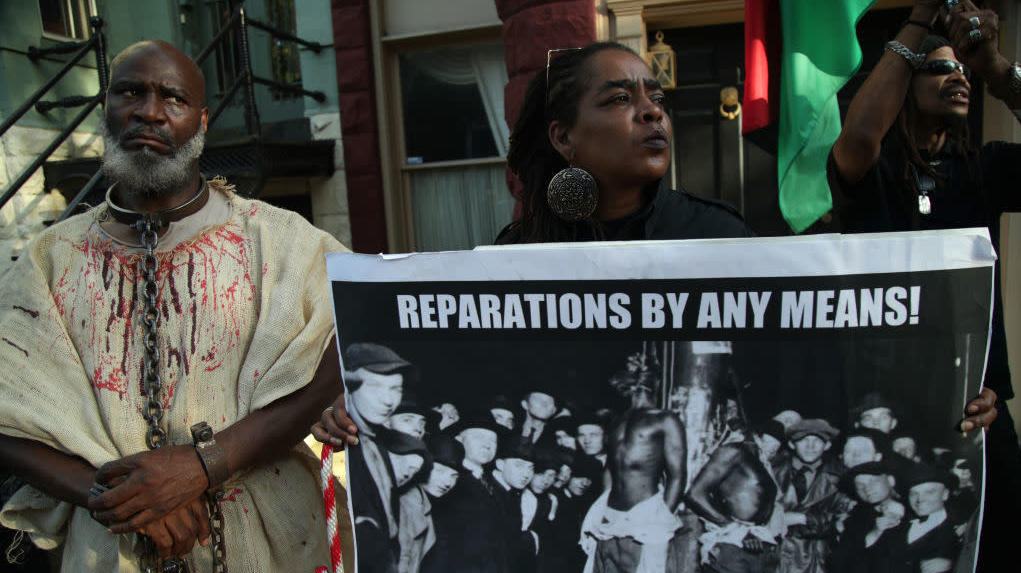
SAVR KUMAR – APRIL 1ST, 2020
Recently, I had the opportunity to interview world-renowned professor and economist Emmanuel Saez whose myriad accomplishments speak for themself. Professor Saez, the Director of the Center for Equitable Growth at UC Berkeley, recently co-authored a book with fellow professor Gabriel Zucman, ‘The Triumph of Injustice,’ his research focusing mainly on taxation, distribution and inequality. His proposal of a wealth tax – a tax on the wealth of the 0.01 percent – seeks to correct the imbalance in the current system of taxation today. Professor Saez’s research suggests that for the first time ever, billionaires possibly pay taxes at a lower rate than the rest of American society. This idea has found great interest in US presidential campaigns, especially considering that Professor Saez advised Senator Warren on her wealth tax proposal.
Savr Kumar: Many people do not fully understand the wealth tax and think that it is implausible to implement, for example, for reasons such as that it has not worked well in Europe. I know that you have answered this question. During this election, what do you think have been some of the most prominent/ incorrect misconceptions of the wealth tax?
Professor Saez: Those who are skeptical of the wealth tax, present two main arguments. The first one is that it is never going to work- the rich are always going to find ways to hide their wealth. The second is that it is going to hurt the economy because people who are thinking of developing businesses, becoming wealthy, will be less motivated. These arguments are not consistent however, because if the rich are going to be able to avoid the wealth tax you are not going to be less motivated to earn money.
I think that the perception that the wealth tax won’t work based on the experiences of other countries is also prevalent, but what people misunderstand is that whether it works in the US is going to depend, very crucially, on the design and the enforcement of the tax. The enforcement of the tax was very poor in Europe. In the US it would be a lot stronger. For example, in Europe it was easy to avoid the wealth tax by moving to another country which didn’t have the wealth tax. In the US, the wealth tax will be based on citizenship so even if you move abroad you will be liable for the wealth tax. To avoid the wealth tax, you must renounce your citizenship. Even then you may be charged with the tax.
Savr Kumar: You mentioned that since 1980, the incomes of the bottom half of the US population have essentially stagnated in real terms. What do you think may happen to the economy and society if wealth inequality continues to progress in the way that it does- If democracies cannot successfully elect leaders who enact reforms to reduce inequality?
Professor Saez: I don’t see how it could be sustainable for society to experience economic growth at the macro level. It shuts away a large chunk of the population from economic growth. If it continues like this, it will generate discontent. Those who don’t experience economic growth are not going to be happy with the system and they are going to look for alternate solutions and the way that this is playing out in the US is that the candidates that are nominated are anti-establishment, preferring to do things very differently. On the right you have this new populism, authoritarianism of Trump. On the left you have candidates proposing really radical solutions such as Bernie Sanders and Elizabeth Warren to address the issue of inequality. So, I think that in 2020 the options for the US election are what you would call an extreme right-wing and a radical left-wing candidate running for the president’s office.
Savr Kumar: You have said that the wealth tax represents a possible buffer against economic shock. Some economists have said the next great recession may be due. What is your opinion on this correlation and how inequality is related to volatility?
Professor Saez: Having some wealth is essentially a buffer against economic shock. The problem is that a very large fraction of the US population doesn’t have that buffer because they have essentially zero wealth. Inequality makes the cost of volatility higher. When there is a downturn a large portion of the population without wealth will suffer real economic hardships because they cannot absorb the shock.
Whether more inequality makes the economy more volatile in the first place is not actually clear, but I would say that inequality generates volatility of the political nature, causing swaying from right to left, and I think that this, in turn, can generate economic volatility.
Savr Kumar: You likened inequality deniers to climate change deniers- do you think that the inequality problem is among the most serious problems facing the world today? What are other economic problems of similar magnitude that also need to be addressed such as the trade war?
Professor Saez: I think that the two biggest problems for the sustainability of society are, one, climate change and the second is the ratio of how resources are distributed, which Is the inequality problem. When you have an economy which grows equitably, or all income groups progress at the same rate, the issue of inequality is not really seen as much of a problem. After World War 2 for instance, the growth of economies was strong and equitable. Now we have changed to a regime where gross inequality is a very big issue.
The big issue I would also mention today is the great inequality across countries. Large portions of the (global) population live in poverty. There are some countries which have not completed the transition to being developed economies. There have been a lot of problems of poverty in countries such as China and India, for instance.
Savr Kumar: The effective tax rate of the 400 richest Americans was 23 percent last year. The top 400 taxpayers in 2014 gave something like 10 billion, relative to the wealth they have of 2.5 trillion. Why do you think that action has not already been taken? How can the social/ ideological influence of billionaires be overcome?
Professor Saez: Yes, I would say that we don’t know very much about how much billionaires are paying in tax – we don’t know very much yet.
We were the first really to come up with an estimation about how much we think the billionaires are paying in taxes relative to their true economic income and we had the shocking finding that they may be paying less in taxes than the rest of the population. So, before starting to solve the problem, the first step is figuring out the nature of the problem. So, I want to emphasize that we need more studies to fully understand the nature of the problem. Then policymakers and economists can figure out what the appropriate solutions to the problem are.
Secondly, billionaires are powerful. They can use their wealth to influence society. They can do it through spending money, influencing think tanks, nonprofit organizations. They can also give money directly to campaigns, even sponsor new candidates or existing ones. So, how we can reduce the influence of very big money is an important question. The wealth tax takes the wealth of billionaires year after year and reduces their power; it is the most direct way to reduce wealth concentration. There are, however, other policies that are also worth looking into that promote regulation of the influence of money in politics.
Savr Kumar: Many are at pains to distinguish income inequality and poverty. Do you see this distinction as important? If so, do you think that one problem may be more pressing than the other (especially in the developing world) and how do you think that the wealth tax would affect the latter?
Professor Saez: So, I think wealth inequality and poverty are related but they are not the same thing. Poverty- you can think about it in terms of whether people possess the minimum level of resources to sustain themselves. That is how the World Bank defines poverty at the global level. It is the amount that they think is the bare minimum amount to survive. That issue is an issue of development. Now we still have poverty worldwide because there are several countries, multiple in Africa, for instance, that have not developed yet (to the extent of other countries). There is no such absolute poverty in the United States, where poverty is defined as living on 2 dollars a day, or less. Even though the risk of starvation is lower in the US, the problem of income inequality remains very relevant because humans are social beings and therefore, they evaluate their own situation relative to others in their group. No matter how rich we are – we are much much richer in the US today than we were a hundred years ago- there is still a feeling of deprivation when you’re perpetually less than others in your country. That’s why the issue of inequality, I think, will always be with us, even if all countries are rich and at a good level of economic development.
Savr Kumar: So that’s relative poverty that you’re describing?
Professor Saez: Correct. In the US, it’s a problem of relative poverty, but what is relative poverty? It is exactly the same as inequality.
Savr Kumar: Do you think that other countries with major wealth inequality may follow suit after the US employs such a wealth tax?
Professor Saez: Yes, I think that the US has the possibility of reinventing tax progressivity for the 21st century and one important effect would be cracking down on very large accumulated fortunes. So, a wealth tax that is well enforced and therefore is successful – we do think that the US can make that demonstration: it could have big impacts on countries in the world that have seen a lot of wealth concentration. I think an analogy is when the US, in the early part of the twentieth century, was the country that created a very progressive income tax. It is possible that tax progressivity in the 21st century will be increased with (the advent of) a progressive wealth tax.
Savr Kumar: You mentioned a ‘plutocratic drift’ – which is a feedback loop where more income and wealth at the top are leading to policy outcomes that are more favorable to [those at the top]. Those at the top have a grip on consensus in Washington. Do you think that backlash within the government and big business could prevent the wealth tax from being passed/ running effectively?
Professor Saez: I think that is what we’re hearing now. Now that there may be a possible wealth tax there is backlash from some Republicans but also from some moderate Democrats who are tied to the establishment and are influenced by wealthy donors who truly don’t like the idea of a wealth tax. This difference in opinion is generating a debate about whether it should be created.
Savr Kumar: How do you think that these top earning individuals/ billionaires may react to the tax?
Professor Saez: Generally, billionaires don’t prefer the wealth tax because it is a hefty tax which they would have to pay. Today, some on the right have been vehemently against the wealth tax. Others, like Bill Gates, have been more open to it- if it is a moderate wealth tax- as they can see why they would be paying more.
Featured Image Source: Cayce Clifford, Econometrics Laboratory, UC Berkeley (2019)
Disclaimer: The views published in this journal are those of the individual authors or speakers and do not necessarily reflect the position or policy of Berkeley Economic Review staff, the Undergraduate Economics Association, the UC Berkeley Economics Department and faculty, or the University of California, Berkeley in general.




One thought on “Interview with Professor Emmanuel Saez”